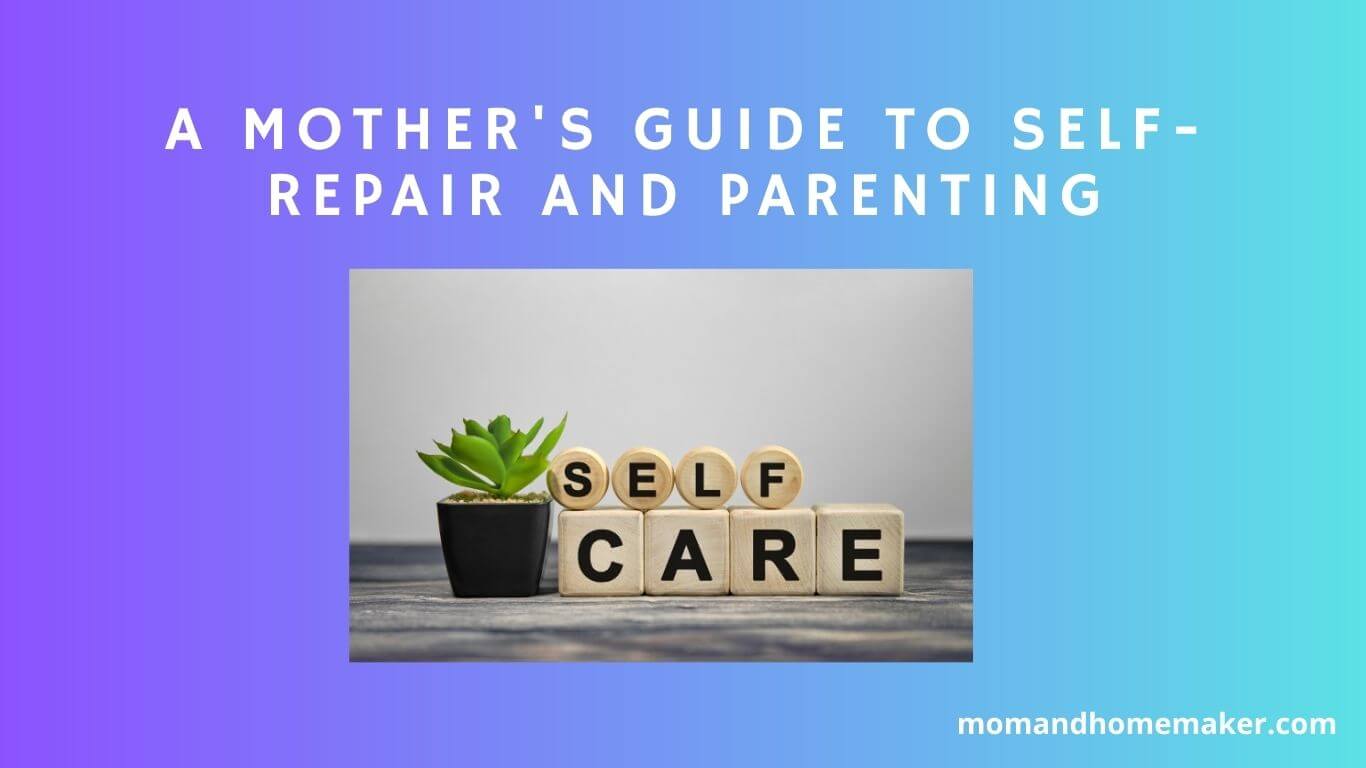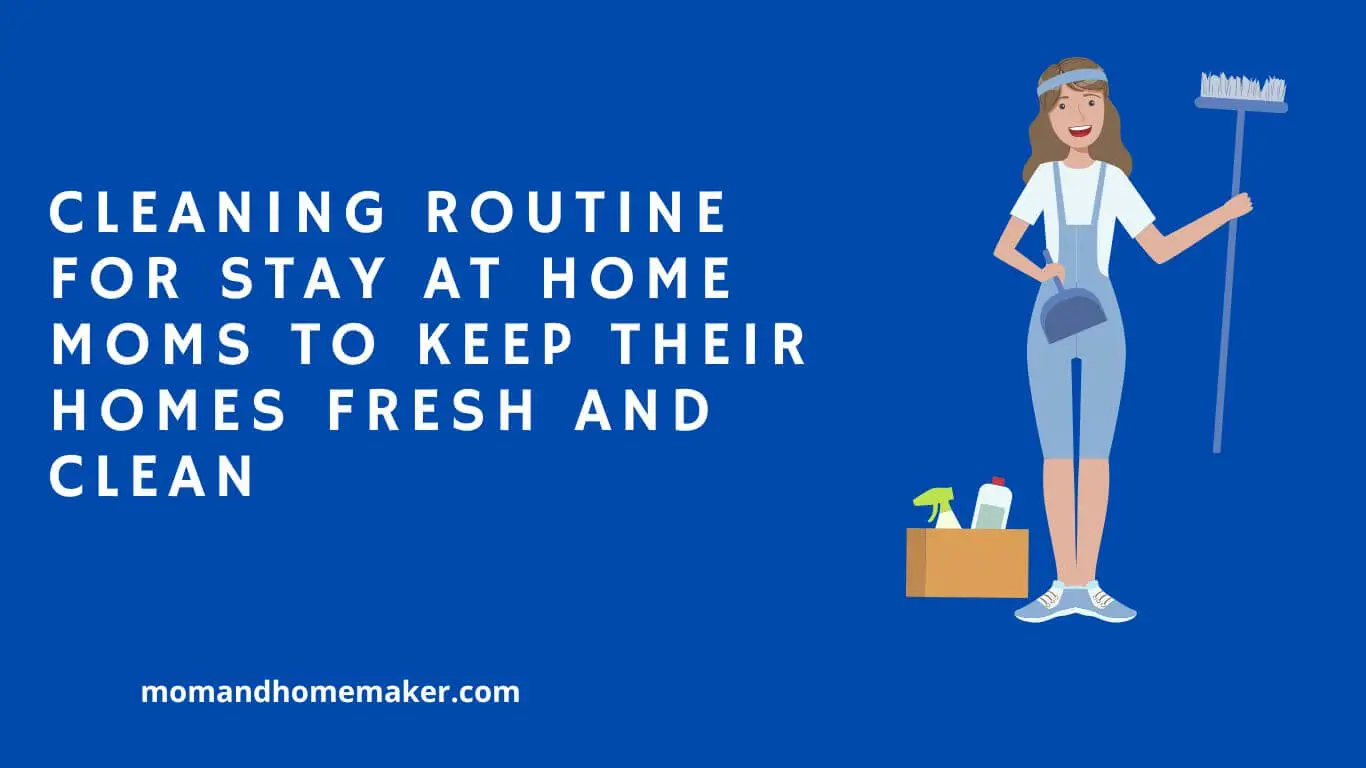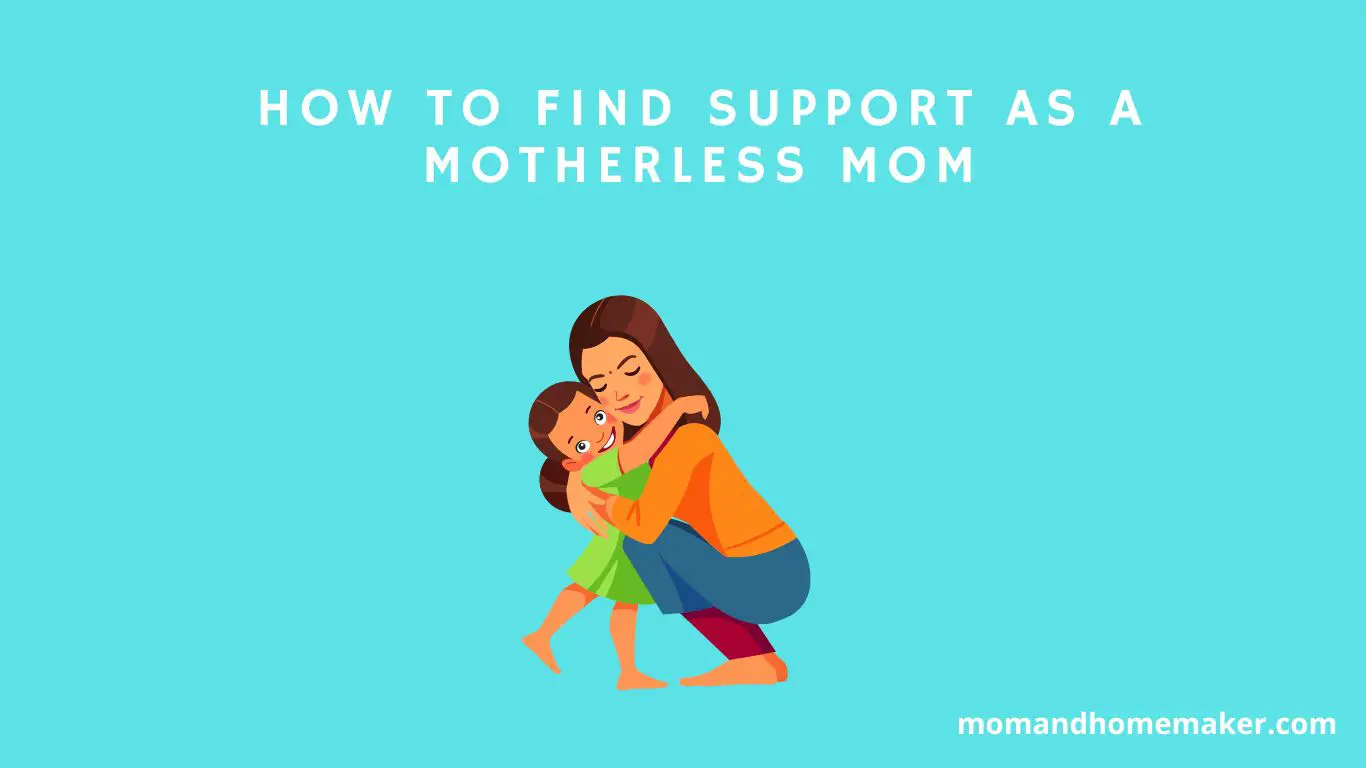As a mother, you always put your family’s needs before your own. You make sure that everyone is taken care of, from preparing meals to making sure that homework is done. However, in the midst of all this, it’s easy to forget about yourself. You may find yourself feeling overwhelmed, stressed, and emotionally drained.
That’s why it’s essential to prioritize self-care and self-repair. In this article, we’ll take a look at a mother’s guide to self-repair and parenting. We’ll explore the importance of self-care, self-reflection, mental and emotional health, parenting skills, and balancing work and family life.
You’ll discover practical tips and advice that will help you take care of yourself, so you can be the best mother you can be. So, let’s dive in and explore how you can prioritize yourself and still be an amazing parent.
Table of Contents
4 Importance of self-repair in parenting
1. An important aspect of self-repair in parenting is that it models healthy communication and problem-solving skills for children. When parents are able to acknowledge their mistakes and take responsibility for them, it shows children that it is okay to make mistakes and that it is important to take ownership of their actions. This can help children develop a sense of accountability and responsibility, which can contribute to their overall social and emotional development.
2. When parents engage in self-repair, it can strengthen the parent-child relationship as it fosters a sense of trust and open communication between the two parties. Overall, self-repair in parenting is a crucial skill that can benefit both parents and children in the long run.
3. It can help create a positive and supportive family environment, where mistakes are seen as opportunities for growth and learning. It can also lead to better conflict resolution, as parents are able to work through disagreements and come to a mutually satisfactory solution.
4. Self-repair can lead to a more positive and resilient mindset, as parents become better equipped to handle challenges and setbacks in a healthy and constructive manner. By embracing self-repair in parenting, parents can set their children up for success both now and in the future.
5 Tips to Repair Yourself as a Mother
1. Recognize the Importance of Self-Care
Taking care of yourself isn’t selfish, it’s essential. By neglecting your own needs, you’re not only putting your own health and happiness at risk but also your child’s.
One way to practice self-care is through mindfulness. Mindful activities, such as meditation or yoga, can help you clear your mind, reduce stress, and improve overall well-being. These practices can be done anywhere, anytime, and don’t require a lot of time or money. Just a few minutes a day can make a big difference in how you feel and how you parent.
Another important aspect of self-care is having support systems in place. As a mom, it can be easy to feel isolated and overwhelmed. Surrounding yourself with people who understand what you’re going through can make a world of difference. Whether it’s a friend, family member, or therapist, having someone to talk to and lean on can help you feel less alone and more equipped to handle the challenges of parenting.
Remember, taking care of yourself isn’t a luxury, it’s a necessity. By doing so, you’ll not only be a better mom but also a happier and healthier one.
2. Practice Self-Reflection
Reflecting on our actions and emotions can be uncomfortable, but it’s necessary for growth and developing stronger relationships with those we love.
As a mother, it’s crucial to take time for self-reflection to assess our parenting methods and how they affect our children. Journaling practice is an excellent way to start this process. Writing down our thoughts and emotions can help us identify patterns in our behavior that may need adjusting. It can also serve as a tool to track progress and remind us of the positive changes we’ve made.
If journaling doesn’t feel like the right fit, seeking therapy can also be a beneficial option. A therapist can provide a safe space to explore our feelings and help us identify areas of improvement. They can also offer guidance on how to communicate effectively with our children and strengthen our relationships with them.
Therapy can be a valuable investment in ourselves and our families. Remember, self-reflection is not about criticizing ourselves or dwelling on past mistakes. It’s about acknowledging areas of growth and recognizing opportunities for improvement.
By taking the time to reflect on our actions and emotions, we can become better mothers and role models for our children.
3. Improve Your Mental and Emotional Health
Improving your mental and emotional health can be a challenging journey, but it’s essential for living a fulfilling life. As a mother, it’s easy to get lost in the demands of parenting and forget to take care of yourself. But neglecting your mental and emotional health can have serious consequences for both you and your family. That’s why it’s important to prioritize self-care.
One way to improve your mental and emotional health is by practicing mindfulness. Mindfulness practices, such as meditation and deep breathing, can help you become more present and aware of your thoughts and emotions. This can help you manage stress and anxiety, and improve your overall well-being.
You can start by setting aside a few minutes each day to practice mindfulness. There are also many resources available, such as apps and online courses, to help guide you along the way.
If you’re struggling with your mental and emotional health, it’s important to know that seeking professional help is a sign of strength, not weakness. A mental health professional can provide you with the tools and support you need to overcome challenges and improve your well-being.
4. Develop Strong Parenting Skills
You can become a more effective parent by developing strong skills that will benefit both you and your children. One of the most important skills is practicing positive discipline. Positive discipline is about setting clear boundaries and consequences while also showing your child empathy and respect.
This approach focuses on teaching your child self-control and problem-solving skills rather than just punishing them for their behavior. By practicing positive discipline, you can build a stronger relationship with your child based on trust and mutual understanding.
Another key skill in parenting is building healthy relationships with your children. This means taking the time to really listen to your child and understand their needs and wants. It also means showing them affection, praise, and encouragement. When you prioritize building a strong relationship with your child, they’re more likely to feel secure and confident, which can lead to better behavior and decision-making.
Finally, effective communication is crucial to being a good parent. This means using clear and direct language when talking to your child, as well as actively listening to what they have to say. It also means being open and honest with your child about your own thoughts and feelings. By communicating effectively, you can avoid misunderstandings and conflicts, and build a stronger bond with your child.
Remember, being a great parent takes time and effort, but by developing these skills, you can create a loving and supportive environment for your child to grow and thrive in.
5. Balance Work and Family Life
Time management is key to achieving this balance. One way to manage your time effectively is by setting boundaries. For example, if you have a deadline to meet at work, make sure you communicate with your family about the extra time you may need to dedicate to work. Conversely, if you have planned a family event, make sure you communicate with your colleagues about the time you will need to take off work.
It’s important to create a schedule that balances work and family time. Consider creating a weekly schedule that includes dedicated time for work, family activities, and personal time. This will help you stay on track and ensure that you are dedicating enough time to each aspect of your life. It’s also important to prioritize self-care, such as exercise and relaxation, to ensure that you are taking care of yourself while juggling the demands of work and family.
Remember that balancing work and family is an ongoing process that requires flexibility and adaptability. Don’t be afraid to make adjustments as needed to ensure that you are meeting the needs of both your job and your family. By prioritizing both work and family, managing your time effectively, and setting boundaries, you can create a fulfilling and enjoyable life for yourself and your loved ones.
How to teach your child the importance of taking care of themselves
As a parent, it is your responsibility to teach your child the importance of taking care of themselves. From personal hygiene to emotional well-being, instilling good habits early on will help them lead healthy and happy life. Here are some tips on how to teach your child the importance of taking care of themselves.
1. Set an example for your child by practicing self-care yourself. Children learn best when they see their parents doing something consistently. This could be as simple as washing your hands before eating or going to bed at a reasonable time. By modeling these behaviors, you are showing your child that self-care is important and should be prioritized.
2. Encourage open communication with your child about their physical and emotional needs. Let them know that it’s okay to ask for help when they need it and that you’re there to support them in any way you can.
3. Engage them in activities that promote self-awareness such as meditation or journaling about their feelings. Encourage open communication with your children so that they can talk to you about what’s going on with them emotionally or physically without fear of judgment or shame.
Conclusion
In conclusion, being a mother is a challenging yet rewarding experience. It is important that mothers prioritize their own well-being and practice self-repair in order to be the best parent they can be. By taking care of themselves, mothers can better handle the stresses and challenges that come with parenting. This guide provides useful tips and strategies for mothers to practice self-care and repair. It is important to remember that self-repair is an ongoing process and requires consistent effort. By prioritizing their own self-care, mothers can create a healthier and happier environment for themselves and their families.








